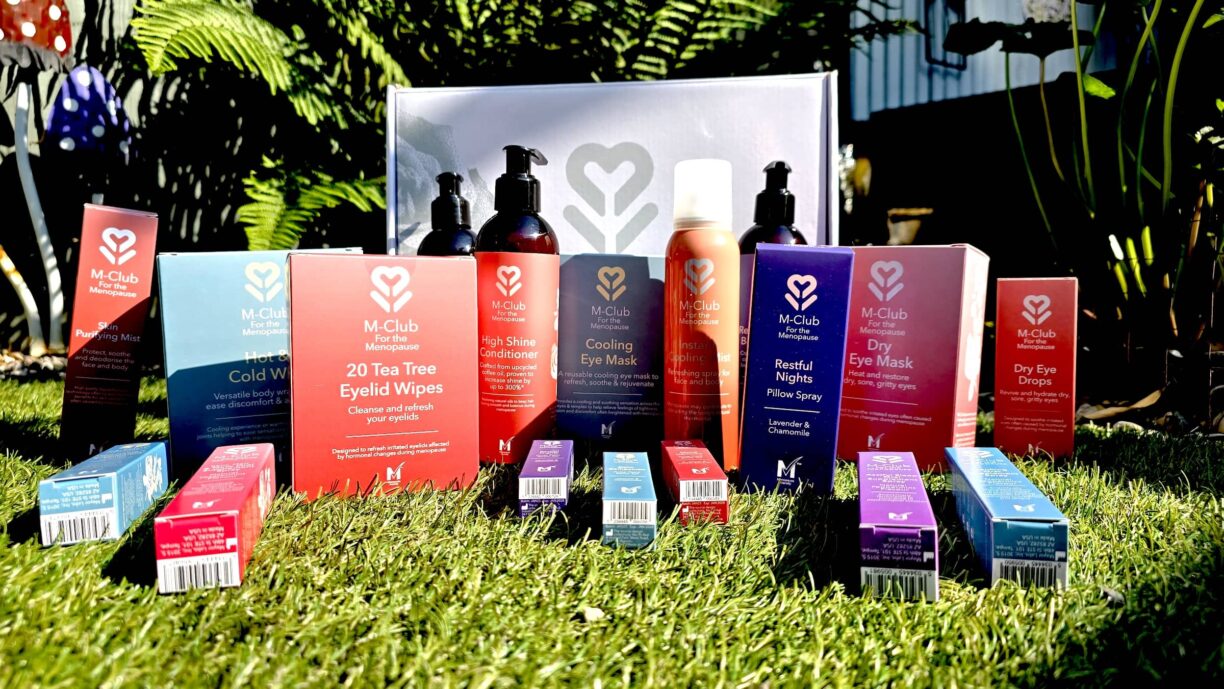Admit it, being around the most productive person you know can be pretty exhausting… Watching them scroll through an inbox of categorised mail, show off a new skill they’ve mastered, and casually drop in the side project they’ve launched can be dispiriting – if you’re the type of person that never seems able to get things done.
With the distractions of digital devices and ever-increasing workloads, taking control of our time can feel like a never-ending battle. But we all have the same amount of hours in the day – so why do some people just seem to have a knack of using them so well?
Contrary to what you might think, being productive isn’t about losing sleep and burning the candle at both ends – it’s about working smarter, not harder, and making the most of your time.
Now that January’s here – along with sobriety and quiet weekends – there’s never been a better time to streamline your life and make progress on personal projects.
Here, experts share their top wellbeing, nutrition and work tips for making this month your most productive yet…
1. Make a ‘to-be’ list

List-making is generally a disheartening business. You start off with good intentions, but by the time you’ve added up everything you need to do, you’re overwhelmed by the sheer weight of tasks.
Isn’t it just easier to ignore it and watch Netflix? If this sounds familiar, Carina Lawson, founder of wellbeing planner Ponderlily, suggests chalking up an alternative ‘to-be’ list. “These lists are all about the end goal, and what you need to do to get there,” she says.
“Write down the things you want to achieve in the long-term, whether that’s penning your own novel or being more adventurous.”
The idea is that it helps you prioritise your important life goals over the insignificant tasks of day-to-day life. “Once the list is done, pin it up somewhere where you can easily see and be reminded of it,” says Carina.
2. Declutter your home

Yes, it can be a daunting task, but taking the plunge to live with less ‘stuff’ can actually reward you with more time and better focus.
Clutter can have a negative psychological effect and there’s often a huge relief and satisfaction of letting go of non-essential items that are taking up space.
“Look at the items you own and ask yourself if you’ve used each one in the last eight months,” says life coach Jennifer Boon. “If you haven’t, consider whether you will use it in the future. If the answer is no, donate it to charity or friends.”
Your kitchen cupboards can also benefit from a refresh. “Finding an amazing organic recipe and then not having any of the staple ingredients for it is a classic scenario in my household,” says Sasha Sabapathy, founder of holistic remedy brand Glow Bar.
“My fiancée and I have decided to dedicate serious time this month to stocking our pantry with nuts, grains and superfoods like Chinese red dates and black wild rice, and also organising them into carefully labelled jars. A few hours on a Saturday spent doing this will save us countless trips to the shops every time we decide to make something new.”
3. Eat for your brain
“I’m a huge believer that you are what you eat,” says Sasha. “For a super productive 2021, I’m making sure my diet is full of brain-boosting super foods and adaptogenic herbs.”
Foods high in healthy fats, like salmon, avocado and coconut oil, are amazing for brain health, as well as dark green vegetables like Tuscan kale, broccoli and Swiss chard, she adds. “Certain ayurvedic adaptogenic herbs, like Rhodiola, Ashwagandha and Holy Basil, are all also amazing for boosting brain health and productivity.”
Make sure you’re not skipping breakfast. “When we’re asleep, our bodies adapt to a state of fasting, which means when we wake up in the morning it is very important to refuel,” says Rhiannon Lambert, nutritionist and author of Re-Nourish: A Simple Way To Eat Well (£18.99, Hodder & Stoughton).
“Without breakfast, your brain and body are effectively running on an empty tank. By eating as soon as you wake up, you are giving your body a much better chance of feeling energised and productive than if you skip it.”
4. Embrace a ‘deep work’ mentality
January is a great time to get stuck into a personal project. If you struggle to find the motivation to get started, the key could be to embrace a ‘deep work’ state.
“The idea comes from professor and author Cal Newport’s excellent book Deep Work: Rules For Focused Success In A Distracted World (£14.99, Piaktus),” says Matt Searle, head of employer relations at Henley Business School Careers (henley.ac.uk).
“This is scheduled, focused work with no distractions: no phone calls, no social media, no checking the news and nobody interrupting. It’s a chance to work on your most important projects.”
Matt notes this might mean adjusting your schedule: “It might mean changing location and working for an hour two in a library or meeting room – there’s lots of tricks you can use to make this happen.
Personally, I like to start early and work on things before I even open my email, then I have a clear mind and an hour or so to really crack on with the things that I know are important.”
5. Get your finances in order

The New Year brings a chance to really asses your spending habits too. “Checking your balance every day is a really good habit to get into,” says Anne Boden, CEO of Starling Bank (starlingbank.com).
“Personal finance apps mean you can track your spending insights and see exactly where your money is going. This means you don’t get any nasty surprises at the end of the month.” She also suggests making some realistic saving targets to work towards.
“Set a few which are achievable but also aspirational. It will make going to work on cold January days feel much easier if you have an exotic, sun-filled holiday to save for.”
6. Keep career-focused
“I’m adamant the best jobs never make it to job boards,” says Benedicta Banga, founder of women’s coaching Leadher Initiative.
“Some figures quote that more than 80% of roles are never advertised, so don’t wait until you need a job to network. Make a list of the people you would love to build mutually beneficial relationships with, so you can decide how to connect and strike up conversations.”
She also advises drafting a personal career development plan – “If you’ve never created one before, this will be a great alternative to making resolutions, especially if you don’t tend to keep them” – and encourages everyone to pick a skill that’s valuable in today’s digital world, which could be anything from coding to photography. “Align it as closely as you can to your future ambitions.”
7. Have a social media detox

The average person spends at least one hour and 40 minutes per day looking at social media sites and apps – a pretty astonishing amount of time that could be spent in other ways.
“Taking some time away from technology is the perfect way to start the New Year on a productive note, while also making more time for personal connections,” says Sasha.
“Make time to spend with loved ones and away from social media, and make sure you are without your phone for at least an hour before bed to get a good night’s sleep.
“I think this is something we should all do more often,” she adds. “Rather than cutting out food groups, or trying to go vegan this January, why not give yourself some time back by having a total blackout from app notificiations?”





